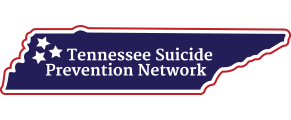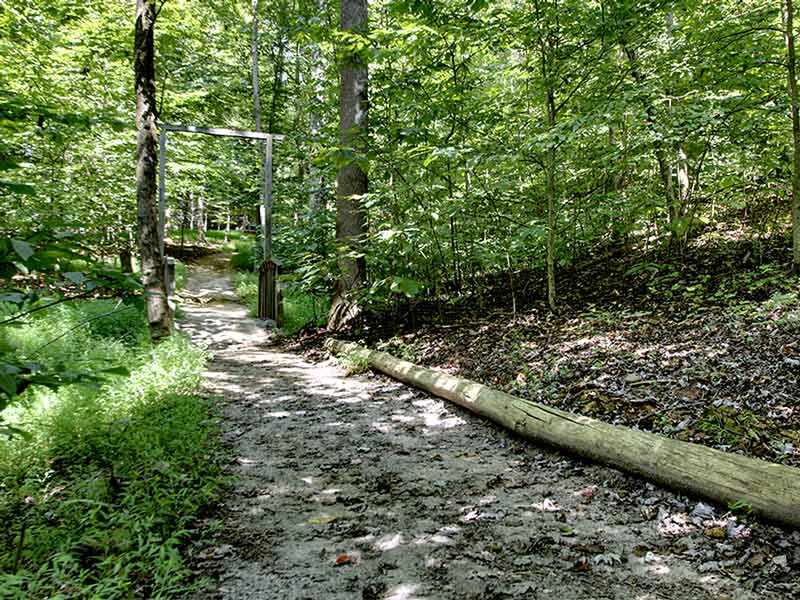Village Behavioral Health, located near Knoxville, TN, provides a multidisciplinary approach to reactive attachment disorder treatment. We create individualized treatment plans for teens & adolescents.
Reactive Attachment Disorder Treatment
Learn more about reactive attachment disorder treatment at Village Behavioral Health near Knoxville, TN
Reactive attachment disorder (RAD), while uncommon, is a serious childhood disorder. In order for children to become well-adjusted adults, they must be cared for and consistently nurtured from birth. The consistency of providing for the child’s basic needs as well as interacting and comforting the child, is what allows for them to develop a sense of trust in their caregiver, causing the attachment. As the child gets older, they are then able to form attachments to other people and learn to empathize with others. When a child is not given the consistent nurturing and care they need, they are likely to develop reactive attachment disorder. Adolescents or teens with this disorder often become withdrawn and are unable to form relationships with others.
Village Behavioral Health, a RAD treatment center in Knoxville, has had many years of experience helping adolescents or teens develop healthy lifestyle choices and the long-lasting skills needed to lead a happy, fulfilled life. The staff at our RAD treatment center understands how devastating it can be to have a child who is struggling with RAD. We provide a safe, serene environment where the healing process can truly begin. Through effective treatment and unwavering support, the RAD treatment center at Village Behavior Health can help your adolescent develop meaningful relationships and live a happy life.
How to Help a Loved One
Helping a loved one get treatment for reactive attachment disorder
Having a teenager in the home with reactive attachment disorder can be both physically and emotionally draining. It can cause a great deal of stress for you, your other children, and extended family. Additionally, dealing with RAD can make you feel like a failure. After a while, you may begin to feel hopeless, at a loss as to how to help your child. If you suspect your adolescent or teen may have a reactive attachment disorder, here are some common symptoms you can look for:
- Destructive, irresponsible, impulsive, and defiant behavior
- Exhibiting inappropriate emotional responses
- Sad, moody, anxious, or depressed
- Negative thoughts about themselves, relationships, and life
- Acting bossy, manipulative, and controlling
- Lack of compassion and remorse
If these symptoms sounds like your adolescent or teen, contact their primary care physician to schedule an assessment. Their doctor will be able to rule out any medical explanations for the behaviors and refer you to a mental health specialist. The mental health professional can further assess your teen and set them up with a RAD treatment center to help them work through this disorder.
In addition to seeking care at a treatment center for your teen, there are a couple of things to keep in mind that will help you more effectively deal with your child. These tips include:
- Be realistic with your expectations
- Celebrate every victory, even the small ones
- Find a support system for yourself
- Remind yourself that it is alright to become angry and frustrated at times
- Try to be patient
Why Consider Treatment
Why consider treatment for reactive attachment disorder at Village Behavioral Health near Knoxville, TN
While there is no magical cure for reactive attachment disorder, it is still important that your adolescent or teen gets the help and support they need. Teens with RAD often have additional psychiatric problems, such as mood disorders, anxiety disorders, and learning disorders that need treatment as well. If left untreated, adolescents or teens with RAD will continue to see the world as a place where they must take what they need in order to survive. They lack internalized social rules and regulations, break laws, and may resort to aggressive behavior to get what they want. All of this can lead to severe behavioral and legal issues.
Many physicians and mental health professionals recommend a residential RAD treatment center that will allow your child to reside in a structure living environment away from home. These treatment centers provide a controlled environment, individual counseling, group therapy, family therapy, and on-site academic programs. Adolescents or teens can get the medication and therapy they need, while their family can get the education and training they need to learn to better cope with their child’s RAD.
Our Philosophy
Village Behavioral Health philosophy and treatment benefits
Village Behavioral Health, a RAD treatment center in Knoxville, offers troubled adolescents or teens a structured, caring, and supportive environment where the healing process from mental health disorders can begin. Our residential RAD treatment center offers 24-hour supervision, intensive therapy, and a safe space for teens needing to recover from past traumas. Our calming environment offers those who come to us the opportunity to learn the coping skills needed to work through their reactive attachment disorder and other co-occurring mental health problems. We work to heal the emotional trauma the teen has experienced, allowing each teen to successfully and happily rejoin their family and community.
Types of Treatment
Types of reactive attachment disorder treatment offered at Village Behavioral Health near Knoxville, TN
When your child arrives at our RAD treatment center in Knoxville, they will first undergo a comprehensive assessment in order to allow us to best determine how to treat their specific needs. Through this assessment, we will be able to determine what is troubling each teen and if any co-occurring disorders exist. With the compiled results of the assessment, we will sit down with you and your child teen to create an individualized RAD treatment plan.
Medication: Some teens with RAD may initially need some type of medication to help control the symptoms of a presenting co-occurring disorder. At The Village, we have an in-house psychiatrist and nurse practitioner who closely monitor the medication of each patient.
Individual therapy: Individual psychotherapy is often used to help adolescents discuss potentially painful emotions surrounding any trauma they may have experienced that lead to the development of their reactive attachment disorder. Our therapists at our RAD treatment center can help adolescents identify their feelings, learn self-soothing activities, restore trust in others, and build hope for the future. Our therapists may use a number of different techniques such as trauma-focused cognitive-behavioral therapy (CBT), behavior modification therapy, or DBT.
Group therapy: Groups are the main form of treatment used at Village Behavioral Health, a reactive attachment disorder treatment center in Knoxville. We offer multiple groups each day that will allow teens to work with peers struggling with similar problems so that they each learn how to develop relationships and trust. Group topics may focus on developing better coping skills, helpful ways to react to life stresses, and educate teens on reactive attachment disorder.
Family therapy: Family involvement for an adolescent or teen with reactive attachment disorder is essential to ensure successful recovery and recreate a bond between parents and child. Family sessions are held at least once a week, but can be held more often if needed. These sessions are used to address your adolescent’s RAD in the family as a whole, showing ways in which you can be supportive to your child through their recovery, and allowing the rest of the family to express their own emotions.
Our residential RAD treatment center uses an eclectic approach to treatment and so we offer a number of experiential methods alongside traditional therapeutic approaches. Experiential methods offered at The Village may include:
- Crafts
- Music therapy
- Dance therapy
- Drama
- Sports and recreational therapy
- Adventures – such as our ropes course
- Mindfulness
- Relaxation and meditation
Continuing Care
Continuing care and levels of treatment for reactive attachment disorder
At Village Behavioral Health, a RAD treatment center in Knoxville, we begin planning for each client’s aftercare during the admissions process. You will work closely with your teen and their therapist, who will help showcase step-down options that may be beneficial for your child once they complete our residential treatment plan. The next best step may include an Intensive Outpatient Program (IOP) or a Partial Hospitalization Program (PHP), which will allow your teen to focus on their recovery during the day and slowly reintegrate back into home life in the evenings. Several weeks before each teen leaves our program, the adolescent’s treatment team will make a recommendation for continued care. When an appropriate aftercare option has been identified, our discharge team will work with other providers to ensure each teen has appointments and referrals for their next treatment phase.











